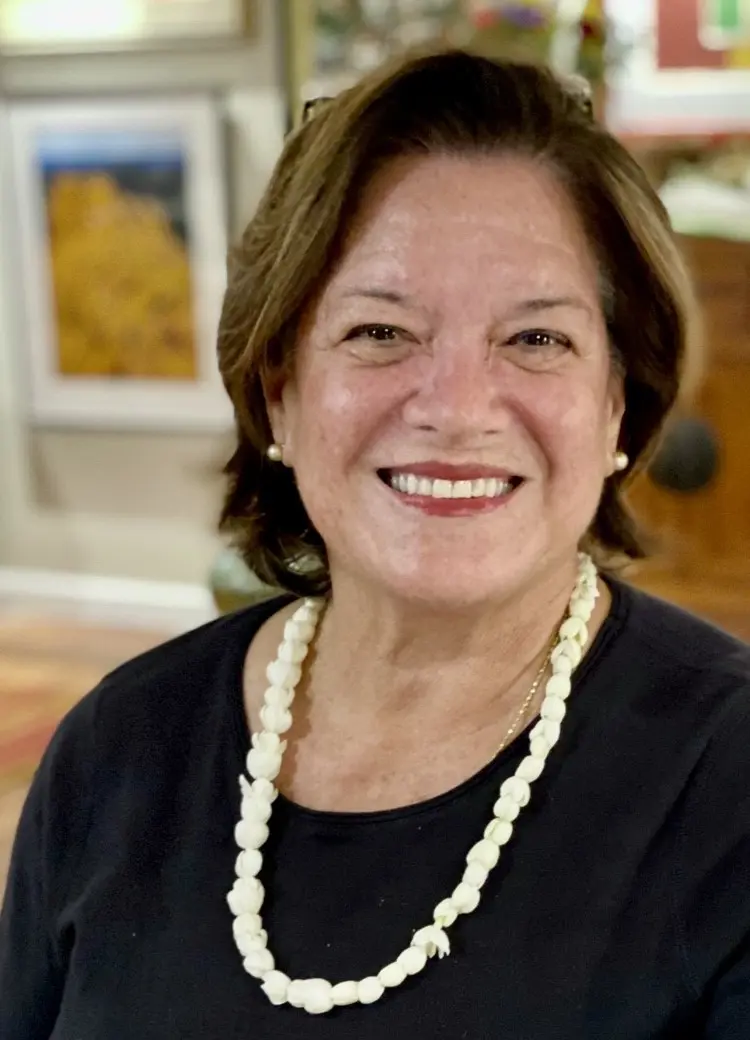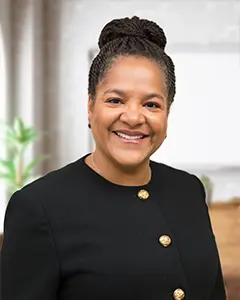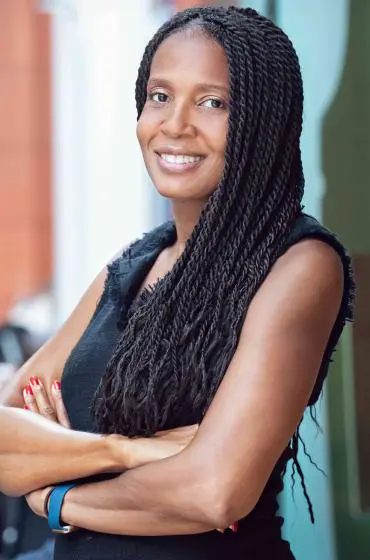Opening Keynote
 Meleanna Meyer
Meleanna Meyer
Meleanna Aluli Meyer, is a life-long advocate for culture and the arts. Her family background and support in the arts and all things creative is acknowledged. Early roots and support in the arts were pivotal to the professional path she has chosen. Meleanna has spent her career as a practicing artist, arts educator, documentary filmmaker, arts and social justice advocate and creative visionary in community.
Beyond her formal training at Stanford (BA ʻ78) under the likes of world renown painter printmaker Nathan Oliviera, photographer Leo Holub, and arts educator Dr. Eliot Eisner, she returned home to learn from esteemed kumu J. Keola Lake, Hale Makua and many other remarkable kumu. Receiving an M.A. in Educational Foundations under the guidance of Dr. Royal Fruehling at the College of Education - U.H. Manoa, she was able to develop and further her interest areas in educational pedagogy, hermeneutics, and community outreach. Always eager to learn, Meleanna considers herself a life-long student in all things creative, of Hawaiian culture, of spirit, and the world.
Meyerʻs interests span a wide range of work also in murals, theater design, architecture, linguistics, mythology, cooking, writing and philosophy. An East-West Center grantee, APAWLI and Salzburg fellow, she has been a recipient of numerous awards and distinctions that have broadened her world view and opportunities to workshop and share her insights and work through local and international venues. A recipient of the prestigious James Borelli Art Prize while at Stanford, the Lamakū award for work in community from the UH at Manoa, along with the most recent distinction of Kumu Kukui, being honored as a Master Educator, continues to bolster Meyerʻs lifelong commitment to all things creative, community, and grounded in culture.
Although Meleanna works and also presents in wide-ranging forums for organizations like the Kellogg and Consuelo Foundations - to Charter Schools, she has found her place in community as an educator of youth and their families. Meyer values “the genius and talents within each and every child (keiki). “We, as kakoʻo, coaches and supporters just have to assist them in bringing their visions, voice and spirits forth.” Her mother, Emma Meyer had the first workshop-gallery in Kailua in the 60ʻs when Meyer was very young, which set her on the creative course she has chosen. Remarkable mentors who chose to make Hawaii their home, like Professor Prithwish Neogy, artists Jean Charlot and Tseng Yu-Ho assisted her in more deeply appreciating diversity and the richness of cultures and the arts in the world from the islands. Meleannaʻs art work can be found in the collections of the SFCA, the Honolulu-City & County, the Honolulu Museum and the East-West Center collection, as well a private collections here and abroad.
Her focus on elementary and secondary students as an AITS master-teaching artist, mentor and freelancer have not limited her to the range of groups she has worked with; from gifted & talented Na Pua Noʻeau; to at-risk youth in shelters and prisons; Kamehameha Schools outreach programs; cohort classes at the college level; docents at Bishop Museum and beyond. Her most recent mural endeavors of the past ten years attest to remarkable work that is done with a community of dedicated and focused artists. These works HAWAIʻI KŪLIKE KĀKOU, can be seen at Hawaii Convention Center, Sheraton Hotel, Helumoa, 2 murals in Hawaiian Hall and the Pacific hall at the Bishop museum, Camp Mokuleia, Kaupa-Kalihi Stream mural, to name a few. Countless hours are volunteered inspiring others to find their creative passions and voice. The latest collaboration Kuʻu ʻĀina Aloha, a double sided mural installation has toured internationally in Australia, New Zealand, and most recently will be showing at the Sharjah Biennial, Feb. 2023.
Meyerʻs artwork and her films, Puamana- ʻ91 with noted filmmaker Les Blank; and Hoʻokuʻikahi,-ʻ98 with nā kumu K.Keola Lake and Halemakua, have screened and shown on 4 continents, at film festivals, museums and in communities throughout the islands and beyond. ʻOnipaʻa ʻ96 is a documentary about Hawaiian resistance and what Hawaiians have done since the illegal overthrow of 1893. 1993 challenged Hawaiians throughout the islands to step forward, to Meyerʻs latest documentary short, Maunakea: Sacred Mountain, Sacred Conduct ʻ20, has been screened internationally on open platforms garnering rave reviews.

